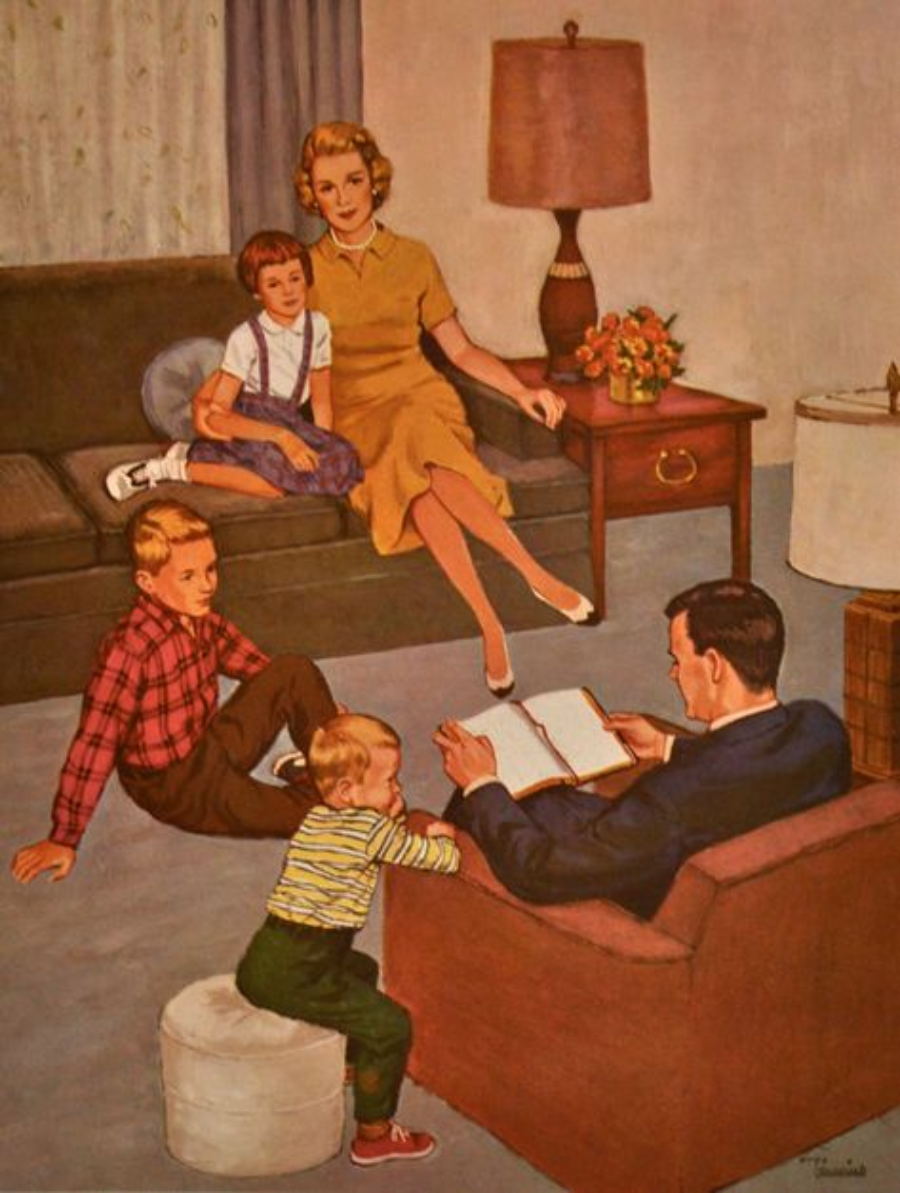

Hello everyone🤗I hope everyone is doing fantastic. Let's explore the world of nuclear families today. You know, the traditional family homes where two parents live with their children under one roof. Imagine it as a close-knit group of people who share meals, special occasions, and daily highs and lows. We'll look at the advantages of nuclear families, their distinctive characteristics, and the reasons they're so popular worldwide in this blog. So take a seat comfortably, and let's begin!
Over the past several decades, there has been a global shift in the family structure, with nuclear families becoming the new norm. This transition is a reflection of population fluctuations, cultural influences, and larger socioeconomic developments. Navigating the complexity of contemporary life requires an understanding of the dynamics of nuclear families and their effects on society. The idea of the nuclear family dates back to a number of prehistoric cultures, each of which made a distinct contribution to our knowledge of and development of this type of family arrangement.
Despite their differences in geography and culture, ancient Rome, Greece, and China all had early examples of nuclear families within their cultures, setting the stage for later generations.
"Nuclear family," referring to a household with two parents and their children, is a term that many people are acquainted with. This sort of family is distinct from the extended family structure, which consists of grandparents, aunts, uncles, and cousins.Throughout history, the nuclear family has taken on a range of roles and characteristics, often reflecting the prevailing social mores and cultural norms.

1.Stability and Support : One of the characteristics that set the nuclear family apart is its ability to offer stability and support. Because the organisation is close-knit, individual members may rely on one another for social, financial, and emotional assistance.Everybody's development and well-being depend on this sense of security and acceptance, which forms the basis of the family.
2.Identified Duties and Positions : In a nuclear family, roles and responsibilities are usually well defined. It is customary to think of parents as their caretakers and protectors, helping them grow up.These positions nevertheless affect relationships, expectations, and personal identities inside the family, even though they are evolving.
3.Inculcation of Values : The nuclear family is the primary socialisation and cultural convention teacher for children.Through their relationships with their parents and siblings, children acquire knowledge about relationships, empathy, teamwork, and dispute resolution.
As society has evolved, so too have relationships inside the nuclear family. Traditions have expanded, reimagined, and altered along with societal norms, gender roles, and individual aspirations.Traditionally, fathers were the primary carers and providers of financial support, leaving females to handle household duties and child rearing.
Nonetheless, there were notable changes in the responsibilities of parents in the second half of the 20th century, with more men participating actively in home chores and the workforce seeing a rise in the number of women. This change towards more equitable positions has an impact on relationships, family dynamics, and personal fulfilment.
Plz like the Blog ad click on the Heart icons 💓
